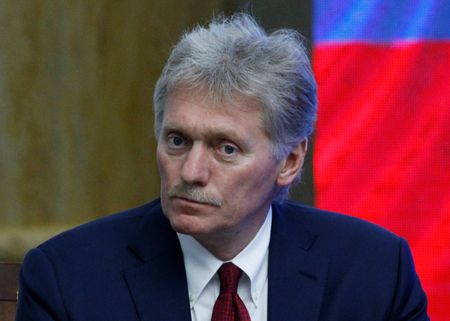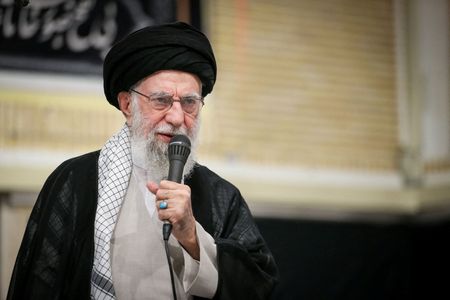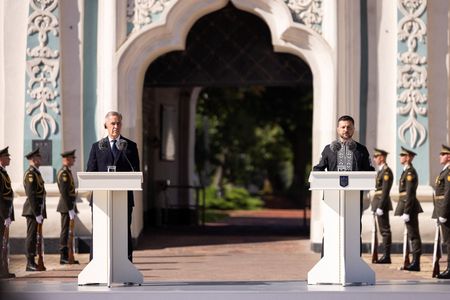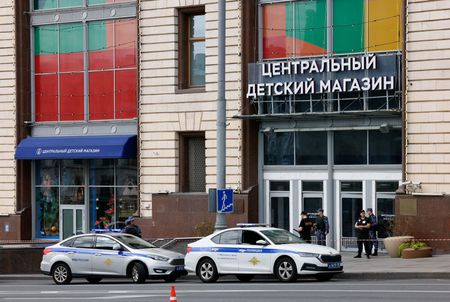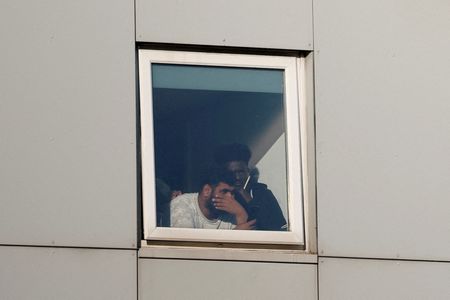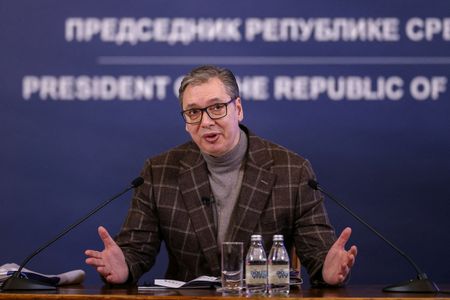MOSCOW (Reuters) -Kremlin spokesman Dmitry Peskov on Monday said any decision by European countries that might give Ukraine enhanced long-range missile capabilities would be a dangerous move, Kremlin correspondent Alexander Yunashev reported.
Peskov’s comments came after German Chancellor Friedrich Merz had spoken about the absence of range restrictions for weapons delivered to Ukraine, which one German government official said did not represent a change in policy.
“These potential decisions, if such decisions have indeed been made, run absolutely contrary to our aspirations for reaching a political settlement,” Peskov said.
He said such decisions, if there were any, were quite dangerous.
Merz on Monday said his government would do everything possible to keep supporting Ukraine militarily, pointing out that the lack of range restrictions meant Ukraine could attack military targets in Russia.
“Ukraine wasn’t able to do that until some time ago,” Merz said at the WDR European Forum. “With very few exceptions, it did not do so until recently.”
Washington allowed Ukraine to use U.S.-made weapons to strike deep into Russia, Reuters reported in November, in a significant reversal of U.S. policy in Joe Biden’s final months in office.
France and Germany’s leaders said in May 2024 that Ukraine should be allowed to hit military sites inside Russia from which missiles were being fired at Ukrainian territory, but not other targets.
A German government official told Reuters: “This isn’t new, this government never had a range limit.”
The German parliament elected Merz as chancellor on May 6.
On Monday, Merz would not say whether his comments meant that Germany would deliver Taurus cruise missiles to Ukraine, something Merz had demanded when he was opposition leader to Olaf Scholz’s administration.
The German government no longer discloses which weapon systems it delivers to Ukraine.
Several sources told Reuters on Monday that Ukrainian President Volodymyr Zelenskiy was expected to visit Berlin on Wednesday.
(Reporting by Reuters in Moscow and Sarah Marsh in Berlin; Writing by Alexander Marrow; Editing by Hugh Lawson)

